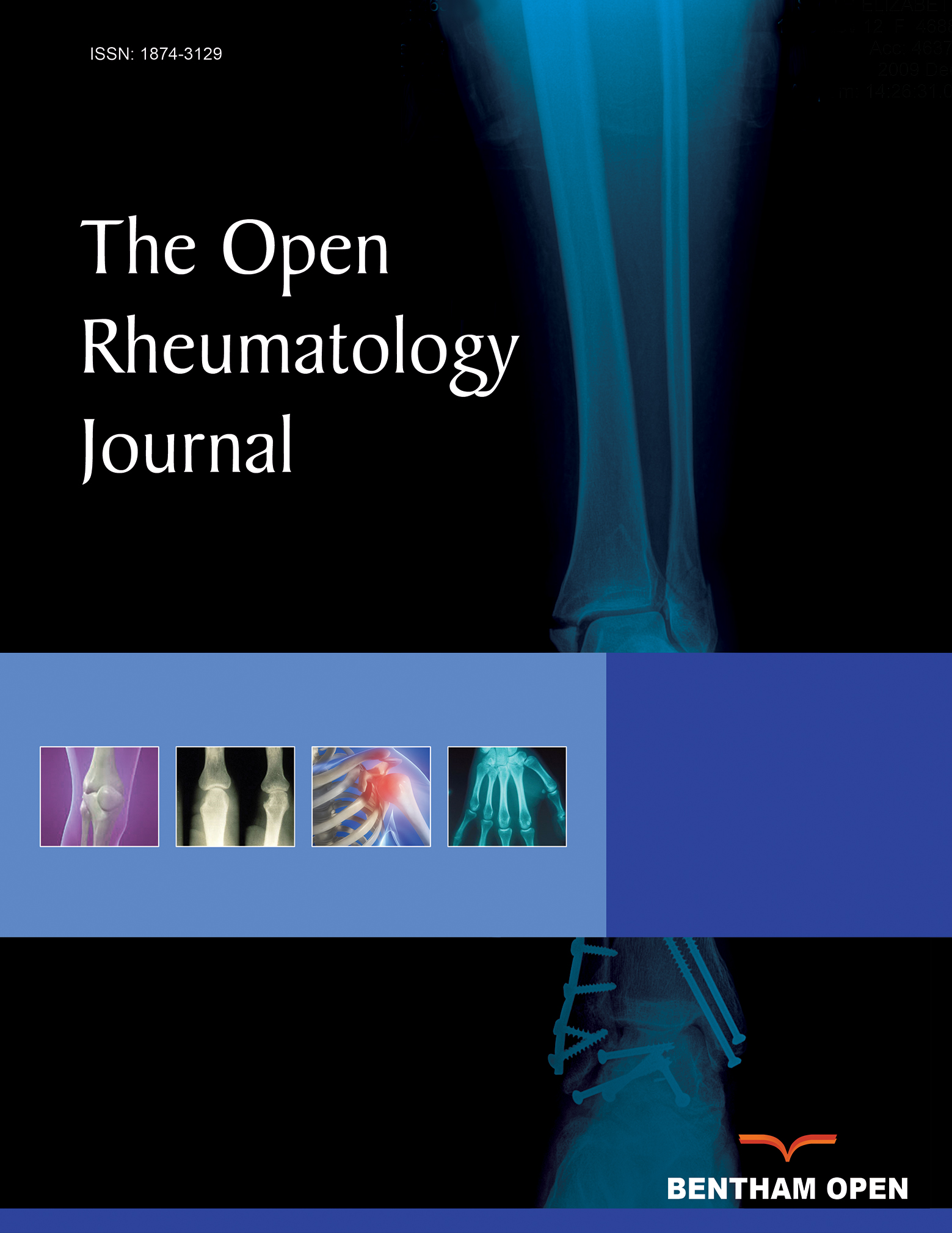All published articles of this journal are available on ScienceDirect.
Melatonin and Its Day and Night Rhythm of Alterations in Familial Mediterranean Fever: A Brief Research Letter
Abstract
Objective:
The pineal hormone melatonin plays a crucial role in immunomodulation, mainly by effecting T cells. The aims of the present study were to compare the melatonin levels in patients with Familial Mediterranean Fever (FMF) and healthy controls and to find out if it associates with interferon(IFN)γ and interleukin(IL)-10.
Materials and Methodology:
Twenty five patients with FMF and 16 healthy donors were enrolled into the study. Melatonin, IFN γ and IL-10 measurements were assayed by using enzyme immunoassay (EIA) method.
Results:
Serum melatonin levels at 03.30 am in both patients during attack-free phase and healthy controls were significantly higher than those levels of corresponding groups measured at 10.00 am. The melatonin levels at 03.30 and 10.00 am in patients during attack-free phase were higher than those levels measured in healthy controls at the same time points. IFNγ and IL-10 did not show any day and night rhythm in both patients and healthy controls. In addition, there was no association among day and night levels of melatonin, IFNγ and IL-10.
Conclusions:
We conclude that melatonin may play a role in FMF pathogenesis. However, its modulatory effect on immune response most likely does not depend on T cells. Further comprehensive studies should be performed in order to reveal the role of melatonin in the pathogenesis of this disease.


